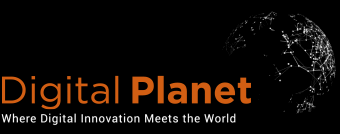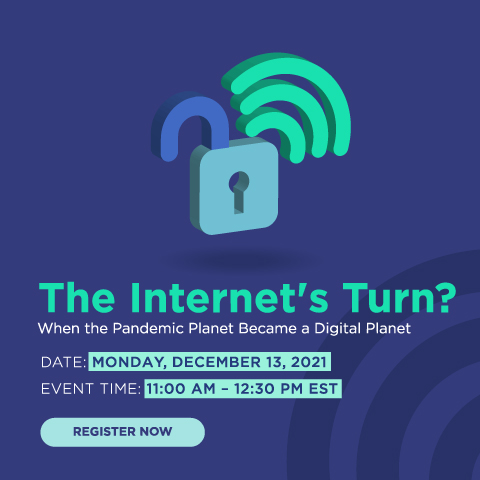A new report claims that more than a third of Twitter’s biggest advertisers have now pulled their ads from the platform, as the unstable and unpredictable nature of the new owner, combined with his implicit encouragement for hate, has made the site less and less welcoming to the brands with money to spend.
Dozens of top Twitter advertisers, including 14 of the top 50, have stopped advertising in the few weeks since Musk’s chaotic acquisition of the social media company, according to The Post’s analysis of data from Pathmatics, which offers brand analysis on digital marketing trends.
Ads for blue-chip brands including Jeep and Mars candy, whose corporate parents were among the top 100 U.S. advertisers on the site in the six months before Musk’s purchase, haven’t appeared there since at least Nov. 7, the analysis found. Musk assumed ownership of the site Oct. 27.
Pharmaceutical company Merck, cereal maker Kellogg, Verizon and Samuel Adams brewer Boston Beer also have stopped their advertising in recent weeks, the Pathmatics data shows. The companies didn’t respond to requests for comment from The Post.
The article notes that the timing of all this isn’t great, especially as the World Cup is happening, which historically has driven tons of traffic to Twitter.
And if you want to know why advertisers are running away, perhaps it’s because hate speech is now super viral on the site, as compared to under the previous regime. Another study, from Tufts, which has access to the Twitter firehose, has found that hatred and harassment is now found a lot more often in tweets that are going viral.
For the months prior to Musk’s takeover, the researchers deemed just one tweet out of the three top 20 lists to be actually hateful, in this case against Jewish people. The others were either quoting another person’s hateful remarks or using the relevant key words in a non-hateful way.
In the weeks after Musk took over Twitter, the same analysis found that hateful tweets became much more prominent among the most popular tweets with potentially toxic language. For tweets using words associated with anti-LGBTQ+ or antisemitic posts, seven of the top 20 posts in each category were now hateful. For popular tweets using potentially racist language, one of the top 20 was judged to be hate speech.
“The toxicity of Twitter has severely increased post-Musk’s walking into that building,” says Bhaskar Chakravorti, dean of global business at the Fletcher Business School at Tufts University and chair of Digital Planet, which carried out the analysis.
And, that’s not surprising considering that Musk continually gives both tacit and explicit approval to those who are spewing hatred. He mocked the head of the ADL earlier this week, which resulted in tons of tweets that I saw from people gleefully talking about how Musk clearly supported their anti-semitic views. He regularly interacts with folks who have pushed similar hatred and harassment campaigns, pretty explicitly suggesting that they are trustworthy accounts, rather than culture war grifters.
The whole situation is bizarre, frankly. At the same moment that he’s complaining about advertisers bailing, and refusing to take responsibility for them doing so, he’s egging on the hate and harassment. It’s unclear if he just doesn’t understand any of this, doesn’t care, or just assumes that the hate and harassment will lead to more usage, and that will magically make the advertisers come back?
In the meantime, I’ve noticed that each time I check in at Twitter, the ad quality gets worse and worse. It used to be big brands with fairly ignorable ads. Now I keep seeing random religious ads, including one that literally was just a tweet praising God, and another… for Scientology.
I somehow doubt those are going to make up the difference in a way that allows Musk to pay his creditors







